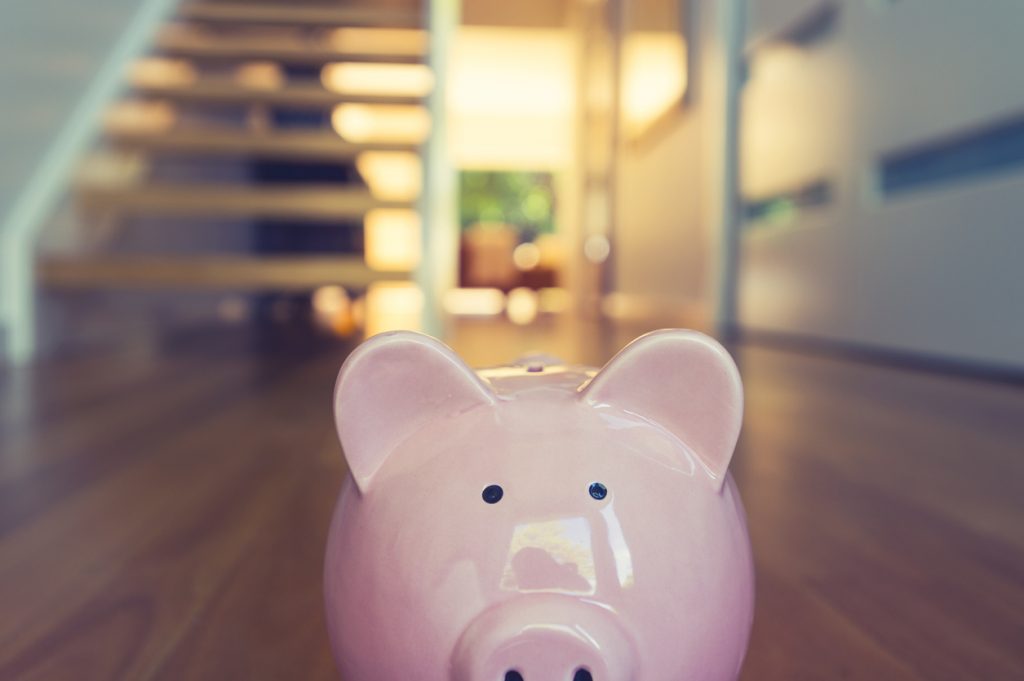By Shirley Lowe
If you're purchasing a property with the sole aim of renting it out or selling it for a higher price, it can make for an excellent investment—but buying an investment property does have its pitfalls. For instance, if you fail to follow the No. 1 rule of real estate—location, location, location—you can suffer significant losses. Diversifying your investment portfolio can also be much more difficult for newcomers due to the high prices on property.
Don't fall victim to ignorance. Here's a brief guide to get you on course to choosing the investment property that's right for you:
Choosing a Type of Property to Invest In
While location is one of the key elements to buying a property, the type of real estate you're investing in is also crucial. Below are your main choices when it comes to that:
Single-Family Homes
Buying a condominium or a house to rent out to a family is the first thing many people think of when it comes to investing in real estate. They're often more affordable than your other options, and you can sometimes do all the work it needs yourself in order to rent it out.
One of the main drawbacks, however, is that this type of property is typically very difficult to sell in a bad economy, especially if it's not in a great area. Also, you're losing money every month if you fail to find a tenant.
Vacation Property
If you buy a vacation house that's situated on a beach or in the mountains, you can rent it while you're not there. This gives you a smaller income in comparison to renting a house long-term. If the area is good, however, you can end up with a significant addition to your budget.
Again, the problem comes down to finding tenants, as, in all likelihood, your vacation property will only be useful for about half of the year.
Multifamily Property
Owning a duplex that you partially rent out is a type of cohabitation that can be very profitable and comfortable at the same time. You don't have to share the living space with anyone, but you get rent from your neighbors.
On the downside, your maintenance bills will often be high. Getting good tenants is also a big issue, as you're still technically living with them.
Business Property
Although investing in a retail or an industrial building can require a bigger sum from you upfront, it can naturally result in more gains. You may need to start saving today to afford it in the future, but if done properly and if the economy is good, you can find tenants that'll sign longer leases than a family would.
The problem, again, is with the tenants. For a retail building, you may have to do quite a lot of renovation work in order for a tenant to move in. Also, if one business fails and another decides to move in, you may have to change the design completely.
Land as an Investment
This is by far one of the most difficult real estate assets to get profit from. It requires knowledge of the zoning laws in your area, as you'll likely need to rezone it to make a profit; however, if you make the right bid, this can be a good long-term asset. One of the most popular ways of making a profit from land is selling it to a developer or using it as a parking lot.
How to Choose the Perfect Real Estate for Investment
Now that you know your options on the property market, let's take a look at what else you should consider when choosing what to buy.
The Area You Buy in Should Be Growing
If the area is receding economically, residents could soon flee, as well. It won't happen immediately, but you could have less and less prospective tenants over time. Take the time to research the area and see whether it's developing or not. If the economy is good, there are multiple employers and the city is working on infrastructure, it may just be a great buy.
Know the Area Better Than Your Own
You probably know the area that you live in quite well; you know how many schools are there, how long it takes to walk to the nearest shops, how the demographics have changed, etc. However, this isn't enough information to invest wisely.
Learn this information about the area you're buying property in, and more. You need to learn as much about the area as humanly possible. If you miss a crucial factor, like the probable bankruptcy of a major employer, you may be leading yourself into a financial loss.
Predict the Future
None of us can see into the future; the best option we have is to try to predict it. Look at development plans, go to a government website and see what their long-term vision of the infrastructure is and know all the projects being developed in the area. This will help you predict what kind of neighborhood it's going to be.
Don't Make It Your Last Chance
You've probably heard of a family that invested their last pennies in real estate, were able to hold it while living modestly and cashed in when it sold. What you don't hear about are the thousands of families that attempt to do that each year and fail. Don’t be one of them. Invest wisely.
You can't just buy a random home and expect it to bring you profit. You'll have to learn a lot to make a good investment. Consider talking to real estate experts in your area, even if you feel like you know enough. The price you pay for consultation is nothing in comparison to the profits you'll reap afterward.
 Shirley Lowe is a professional real estate marketer and blogger from Burbank, Calif. When she's not enrolled with the current workflow, she blogs for Landlord's Tips. Lowe loves the real estate industry and believes in the power of young generations to change it.
Shirley Lowe is a professional real estate marketer and blogger from Burbank, Calif. When she's not enrolled with the current workflow, she blogs for Landlord's Tips. Lowe loves the real estate industry and believes in the power of young generations to change it.
This article is intended for informational purposes only and should not be construed as professional advice. The opinions expressed in this article are those of the author and do not necessarily reflect the position of RISMedia.









Thanks for a marvelous posting! I definitely enjoyed reading it, you’re a great author.I will
be sure to bookmark your blog and will eventually come back very soon. I want to encourage one to continue your
great writing, have a nice morning!